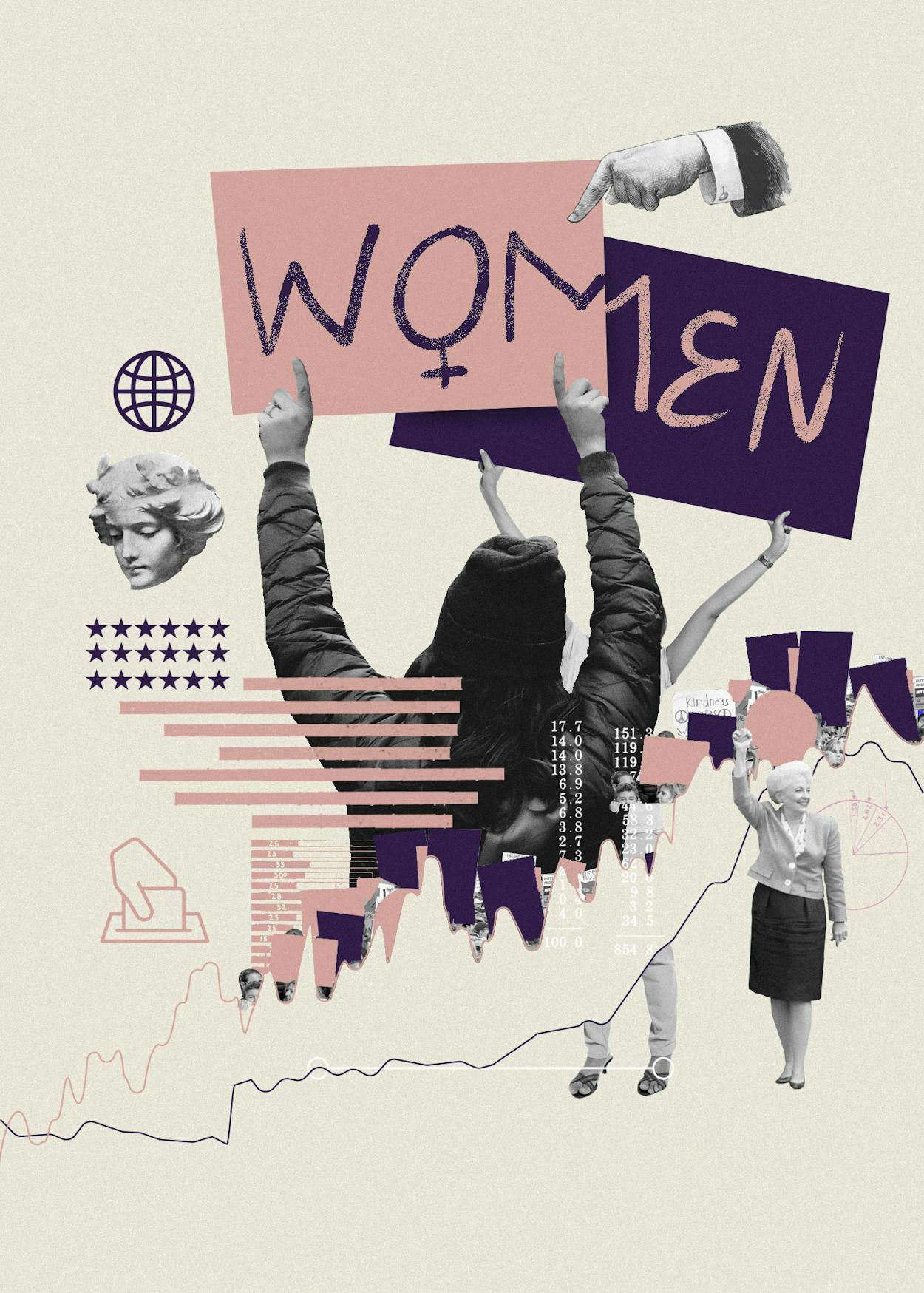You’ve got to commend and applaud the courage that it takes for a woman to tell her story. She should be believed, and we should give her the opportunity to be heard. But you also need to have a process in place for the person who is being accused, because that person deserves as much due process as the person making the allegation.
Beyond due process, you’ve got to provide the right forum. There needs to be an independent body that can hear the cases, listen to both sides, and make a decision. It’s got to have some teeth, and be able to enforce accountability for any finding of harassment or discrimination.
As a hearings examiner with the Equal Employment Opportunity Commission, I worked with saw both sides. We heard complaints of discrimination from federal sector employees: post office workers, IRS workers, treasury employees. We listened to the employee and then listened to the employer and made the decision as to whether or not there really was discrimination.
Within politics, we have to start with our own house. We really cannot expect legislators to police themselves. That will not regain trust and confidence from the public, nor from the women making the allegations. It’s important to have one independent entity, so that everyone is held to the same accountability regardless of their position of power within the dome. We need something like the Texas Ethics Commission: five to seven people who are appointed, who work and are funded independently, who have investigatory powers and maybe even subpoena powers. They need to be able to have real accountability and consequences if there is a finding of harassment or discrimination or sexual abuse.
Earlier in my career, I had experiences with colleagues getting handsy—when I was presiding judge of the municipal courts here in Houston, a member of Congress put his hand on my knee; when I was Harris County commissioner, a lobbyist leaned over and kissed me in an elevator—but in my years in the Senate, I haven’t experienced anything like that at all. All of this is about power: we all know that. This is about the pages on the floor, the high schoolers that come as unpaid interns, and the college students. That’s who we need to make sure is never taken advantage of.
Some of these changes have to come from a federal level, through the Equal Employment Opportunity Commission. But there’s a lot we can do in Texas without waiting for the feds to act. This is a chance for some of our state leadership to show whether they’re really about the business of protecting women. If we sat down and spent as much time on this as we have on the bathroom bill, which was supposed to be about protecting women, then we should be able to do something about this.
The issue isn’t going away, because for once, women feel like they can speak up and that they are finally being heard. And I think as a body, the Texas Legislature needs to demonstrate that we’ve heard these women, and that we’re going to clean our own house. But it’s got to be a system that’s fair to everybody. Everyone has a right to their day in court or their day to tell their story, no matter how powerful that person is, whether they’re the one alleging or the one receiving.
To see resources about female mentorship, getting involved in local issues, and what to do if you experience sexual harassment, read here.
More from this collection
The Women’s Voices Project
In a series of as-told-to conversations, two dozen Texas women talk about gender, work, and what needs to change for women in their home state. Read their perspectives here.
- More About:
- Politics & Policy






